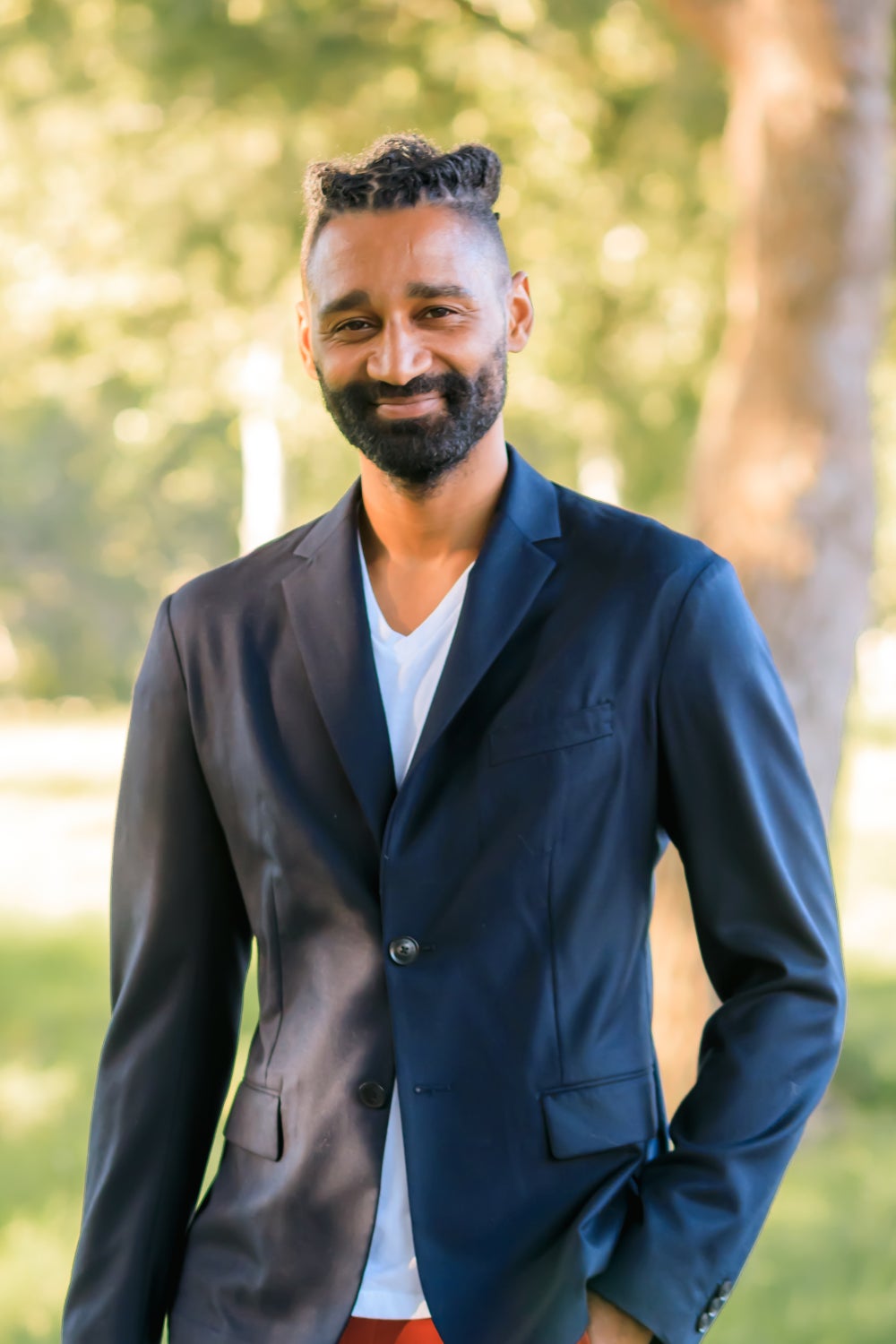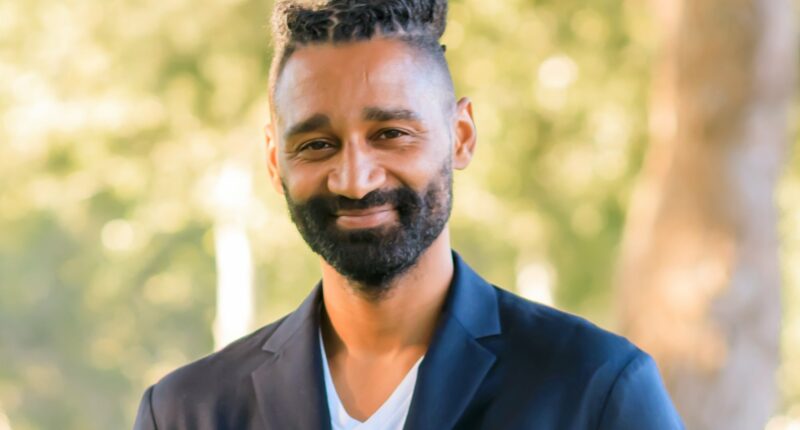Share this @internewscast.com
Brandon Bailey, the founder and CEO of TutorD, navigated a successful career in software engineering but was constantly reminded of the “lack of diversity and inclusion” in the tech industry. Determined to address this issue, he decided to take action.

Image Credit: Courtesy of TutorD. Brandon Bailey.
While working at a consultancy in Chicago, Bailey co-led an employee resource group and collaborated with community organizations. One of his notable partnerships was with a middle school in Bronzeville.
Although the school was only about 15 minutes from where Bailey lived, its students had very different life experiences, he recalls. Many had never been on an escalator or entered a skyscraper, even though they lived close to the city’s downtown area.
The program introduced students to new experiences and provided them with internships and additional opportunities. “This ignited a passion in me for improving educational experiences,” Bailey shares. “It was life-changing for both me and the students.”
Despite these achievements, Bailey sought ways to impact even more individuals. He joined an edtech startup in Los Angeles, where he contemplated how to merge education, engineering, and entrepreneurship effectively.
While devising a suitable platform, Bailey identified a significant challenge: many students lacked home computers. Yet, most had cellphones. Therefore, Bailey decided to build a solution that leveraged the technology students already used.
“We wanted to lead with providing value to the community first and gaining trust and buy-in.”
Bailey officially founded TutorD, an edtech platform for teachers and tutors to enable distance learning, and TutorD Scholars, a nonprofit that teaches “urban youth in-demand 22nd century skills,” in 2019.
“We wanted to lead with providing value to the community first and gaining trust and buy-in into what we were doing,” Bailey says. “So that’s why we led with the nonprofit TutorD Scholars first, while building out the software platform.”
Teaching made it easier to figure out the specific tools students would need on the platform and how to tailor lessons to their unique learning styles.
”We’re teaching [the students] in different ways,” Bailey says, “so using visual, auditory, reading and kinesthetic. [It’s] a very intentional approach.”
Entrepreneur sat down with Bailey to learn more about how he’s grown TutorD into a successful business — and the role that Intuit’s IDEAS accelerator program has played.
Intuit’s IDEAS accelerator program provides founders access to capital and the company’s AI-powered platform, service and experts, plus business coaching from the National Urban League and executive coaching from Zella Life to support their business and professional growth.
Learning the accounting fundamentals was a game changer
Through the IDEAS program, Bailey got valuable exposure to the basic accounting fundamentals, like cash flow and profit and loss statements, that make or break a business.
“That wasn’t something I had a lot of support with growing up, looking back at it,” Bailey says. “In our household, [and] it is common across Black and brown households, we didn’t have that training around finances.”
Receiving that technical training helped Bailey and the TutorD team develop a clearer sense of where the business was headed and how its costs and sales projections would shape that trajectory, the founder notes.
Streamlining the business’s messaging was also key
TutorD used Intuit’s MailChimp, an email and marketing automation platform for growing businesses, to streamline its communications.
Not only did the platform make it easier for people to get in touch with TutorD, but it also helped cultivate a sense of presence — making the business seem bigger than it was, Bailey says.
”We’re a team of five right now, and we’re dealing with other companies that are 200, 500 people strong,” Bailey explains. “And they have $20 million backed by different investors. [MailChimp] helped us appear bigger than we are to compete in the market and with other edtech companies.”
Leaning on mentors helped during tough times
The business coach that Bailey connected with through Zella Life also became an integral part of TutorD’s journey.
Having a support system in place was invaluable as Bailey juggled the challenges of growing a business with major life events, he says.
“My father passed away, and my baby came, and I had an injury, all in a three-month span,” Bailey says. “My coach had also lost his mother around that time, so we [had a] really deep connection, and he was able to help.”
Bailey says that the IDEAS program put TutorD in the position to scale — and gave him and his team the confidence to talk to people about their journey.
Advice for young entrepreneurs
Bailey encourages other young, aspiring entrepreneurs to never stop learning, seek out opportunities where there’s a need and ability to create value, connect with other founders who can serve as mentors, and leverage the community to help lay the foundation for business success.
He’s also excited to see people embracing the “triple bottom line,” which tracks a business’s financial, social and environmental performance — and suggests anyone considering the leap to founder do the same.
“ People are waking up to [the fact that] it’s not just about making money and some infinitely growing, making-money approach to entrepreneurship and capitalism in general, but really looking at it with a triple bottom line approach, generating sustainable profit or revenue for yourself, your family, business and shareholders, but also making an impact in the community,” Bailey says.
Join top CEOs, founders and operators at the Level Up conference to unlock strategies for scaling your business, boosting revenue and building sustainable success.







